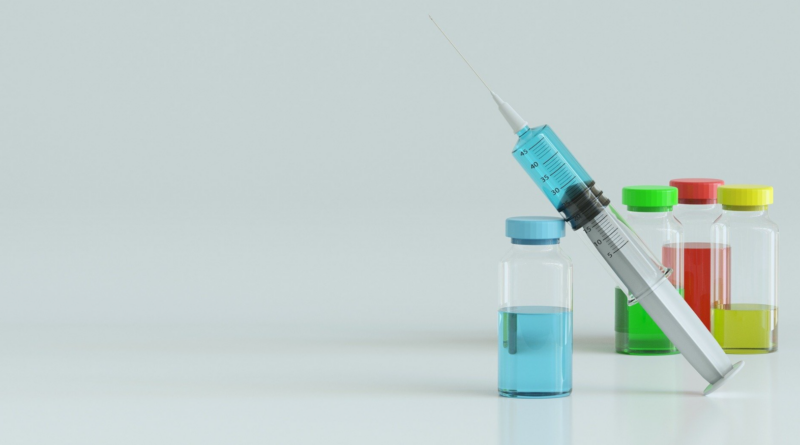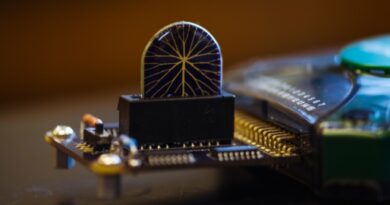Nocebo effect may affect COVID-19 vaccination adverse effects, study finds 2023
The incidence and severity of the most common adverse effects of the COVID-19 vaccine, such as fatigue, muscle pain, headache, and injection site pain, are significantly correlated with people’s negative expectations and general attitudes toward the vaccine.
The Department of Medical and Surgical Sciences at the University of Bologna, in collaboration with a number of international research laboratories, has decided to investigate whether and to what extent fear, expectations, and beliefs about the vaccine influence the occurrence and severity of potential adverse effects. This is referred to as the ‘nocebo effect’, a phenomenon that occurs as a result of negative expectations and beliefs, which can activate or reinforce potential adverse effects.
The nocebo effect, the opposite of the placebo effect, can influence adverse effects reported after vaccination.
During the 15-minute waiting period following vaccination, the researchers interviewed 315 individuals about their expectations, concerns, and beliefs regarding the COVID-19 vaccine, their trust in health and scientific institutions, and certain personality traits.

“The most important finding of this study is that psychological factors, such as a person’s beliefs and attitude toward the COVID-19 vaccine, contribute significantly to the onset and severity of adverse effects and account for 30% of the variability in their onset and intensity,” said the study author.
The collected data demonstrated that the reported symptoms could not always be explained by the pharmacological and biological properties of the COVID-19 vaccine alone, thereby demonstrating the nocebo effect.



